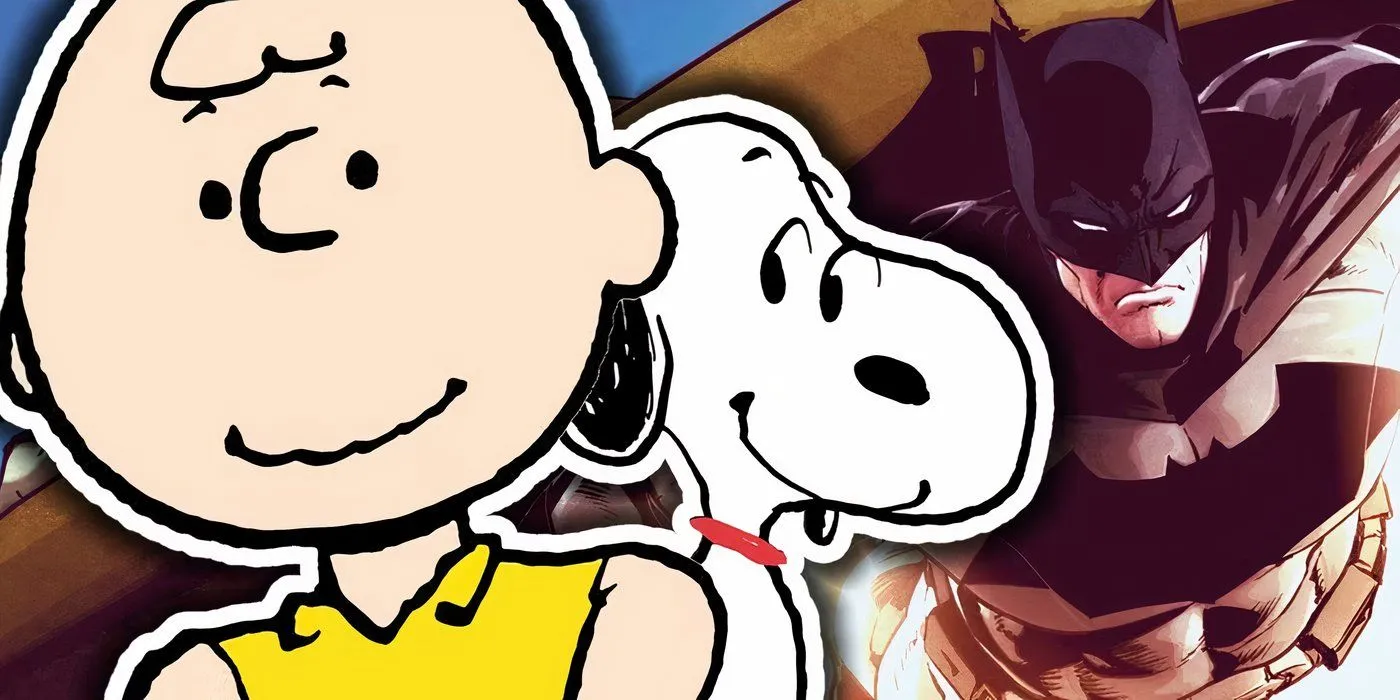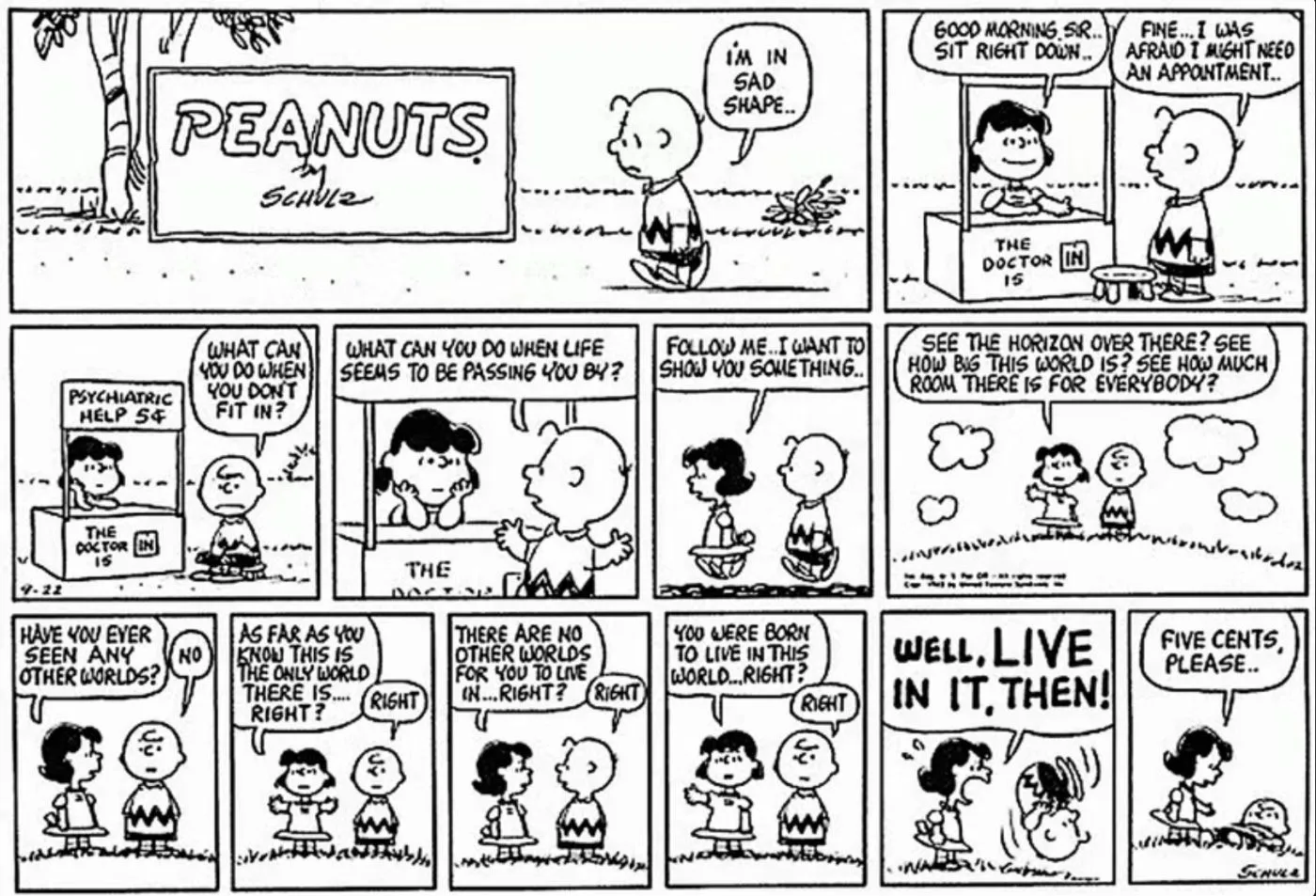Charles M. Schulz, the visionary behind the iconic Peanuts franchise, firmly believed that trusting others’ opinions about his work was detrimental to his creative integrity. His steadfast approach puzzlingly contrasts with the collaboration often seen in the world of art and media. As fans delve into the beloved comic strips and nostalgic holiday specials, it’s evident that Schulz’s unwavering belief in himself played a significant role in shaping what many consider one of the greatest cartoons ever created.
A recent article from Hogan’s Alley revisited Schulz’s insightful remarks made during the 1994 National Cartoonists Society convention, offering fans a glimpse into his creative journey. This includes his early days in Minneapolis, where he meticulously mailed out individual Peanuts comic strips to newspapers, paving the way for his storied career.

In those formative stages, before attaining widespread fame, Schulz remained resolute in his artistic principles, steadfastly refusing to solicit feedback on his work. This philosophy fueled his artistic vision throughout his career.
Charles M. Schulz: I never give my work to somebody else and say, “What do you think about that?” I just don’t trust anybody. If I think it’s funny, or if I think it’s silly, I send it in anyway because I’m just trying to please myself. I never try to please a certain audience. I think that’s disastrous.
This perspective was not rooted in arrogance or insecurity; rather, it was a commitment to preserving the purity of his vision. Schulz relied solely on his instincts to determine whether a comic resonated with humor or significance, consistently focusing on what he found enjoyable.
Charles M. Schulz: An Inspiration to Creators Everywhere
Schulz’s Influence on Notable Comic Creators

Schulz’s commitment to creating comics true to his vision rather than conforming to external expectations serves as invaluable wisdom for artists everywhere. The creative process is deeply personal; an artist must engage passionately with their work for it to resonate with others. Schulz recognized this fundamental truth early on, which became a cornerstone of his success.
Often, creators become so concerned with audience reception that they lose sight of their original inspiration. This quest for external validation can lead to uninspired works devoid of genuine artistry. Following Schulz’s example, artists must prioritize their authentic voice. Notably, many contemporary comic creators, including bestselling author Tom King from DC, have embodied this philosophy.
https://www.youtube.com/watch?v=oV3K2sz-SVU
In a conversation with Popverse, Tom King expressed his deep appreciation for Schulz and acknowledged the impact of Peanuts on his own work.
Tom King: I personally think that Peanuts is the best comic of all time in terms of combining pictures with words. I think Charles Schulz is the absolute best of the best.
King is well-known for his contributions to titles like Batman and the celebrated crossover event Heroes In Crisis. His admiration for Schulz highlights the profound influence Schulz continues to exert on the comic industry, demonstrating that like Schulz, King does not submit drafts that don’t meet his standards.
Schulz’s Instincts: The Key to Peanuts’ Timelessness
Trusting His Instincts: The Foundation of Peanuts’ Success

Schulz’s legacy is one of profound influence in the comic industry, and his unwavering creative process serves as a model for artists passionate about their craft. With Peanuts being among the most successful franchises globally, it thrives on the foundation of Schulz’s instincts and devotion to his vision.
Many artists grapple with discernment regarding the quality of their own creations, but Schulz’s approach was straightforward: he produced what he wanted to read. If he found humor or joy in his comics, they were ready for publication, irrespective of others’ judgments.
Ultimately, the world shares Schulz’s affection for Peanuts, affirming that trusting one’s instincts leads to timeless art. Charles M. Schulz’s ability to resist outside influence was not just wise; it was essential in crafting the legacy of Peanuts.
Source: Hogan’s Alley
Source: Popverse


